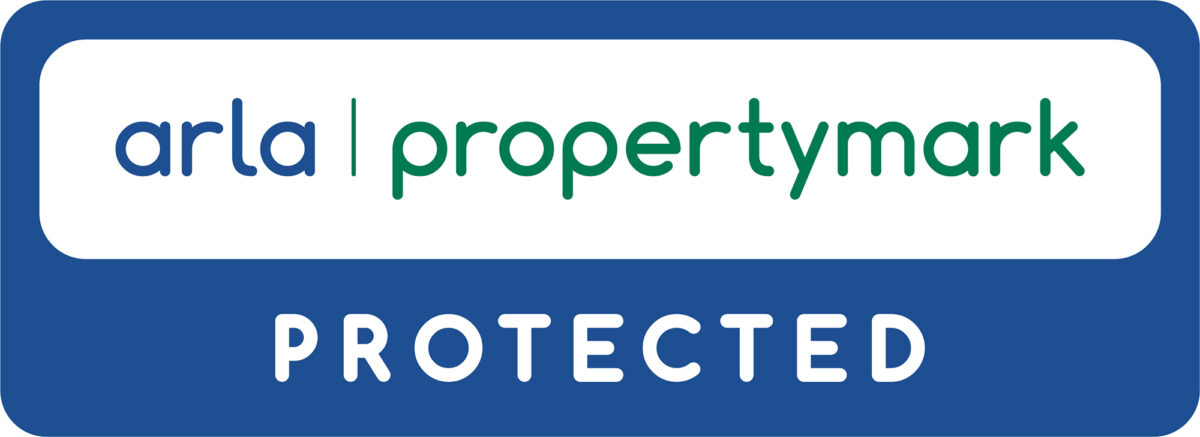Navigating the Cladding Dilemma
If you own a flat with cladding and want to sell your property in London, you may be worried that you’ll never be able to find a buyer. Indeed, the presence of cladding could make it harder for potential buyers to secure a mortgage.
Following the devastating fire at Grenfell Tower in 2017, during which unsafe cladding resulted in the flames spreading more rapidly, lenders withdrew their mortgage provisions for buildings with known fire safety risks.
This left homeowners in high-rise apartment blocks unable to remortgage their properties or sell their homes to anyone who wasn’t a cash buyer. Thankfully, the position has now improved. Since January 2023, some of the leading mainstream lenders have started offering mortgages again on flats that still have problem cladding. This means finding a buyer for your flat will be easier than at any other time within the past five years.
What is the problem with cladding?
Before the fire at Grenfell Tower, the building rules surrounding unsafe material use were relatively poorly enforced. Even government guidelines allowed combustible panels to be used under certain circumstances. However, once the devastating impact of using these hazardous cladding materials became known, owners of affected properties discovered they were facing a severe problem.
Not only were they living in a home that was potentially life-threateningly dangerous, but they were also unable to sell their property and relocate. Lenders began refusing to offer mortgages on properties with cladding unless it had been officially certified via an EWS1 form to be safe. That left homeowners with limited options for selling, but thankfully, all of that is now changing.
Latest RICS Valuation Guidance
In late 2022, RICS (Royal Institution of Chartered Surveyors) issued guidance regarding property valuation to banks to bring greater confidence and clarity to the property market. RICS is now instructing valuers on how they can assess funding sources and timelines for essential remediation works when drawing up cladding reports for the purposes of obtaining a mortgage. Training is being given by RICS experts so that a consistent approach can be taken across all types of properties.
Will prospective buyers be able to get a mortgage on my cladded flat?
Thanks to the latest RICS guidance, several high street lenders have started making mortgages available for properties where there is evidence that remediation plans are going to be actioned or where legal protections are in place. As a result, some owners of flats in blocks over 11m in height will now finally be able to move home since prospective buyers can have confidence that there is a plan to eliminate the identified risks.
Big-name lenders like HSBC, NatWest, Barclays, Lloyds, Santander, and Nationwide are all now offering mortgages on properties meeting RICS guidelines, with no need for an EWS1 form to be completed in most cases. However, applicants must produce evidence to show that either protections are secured, or funding to carry out remedial works has been obtained.
Furthermore, sellers should note that buyers may want to make a lower offer due to the disruptive nature of the upcoming remedial works.
If you’re ready to sell a flat with cladding in London, our team at Alter&Cope is on hand to offer you advice and support.
Get in touch with us today at enquiries@alterandcope.co.uk or on 02082200820 and let us help you find the right buyer.




